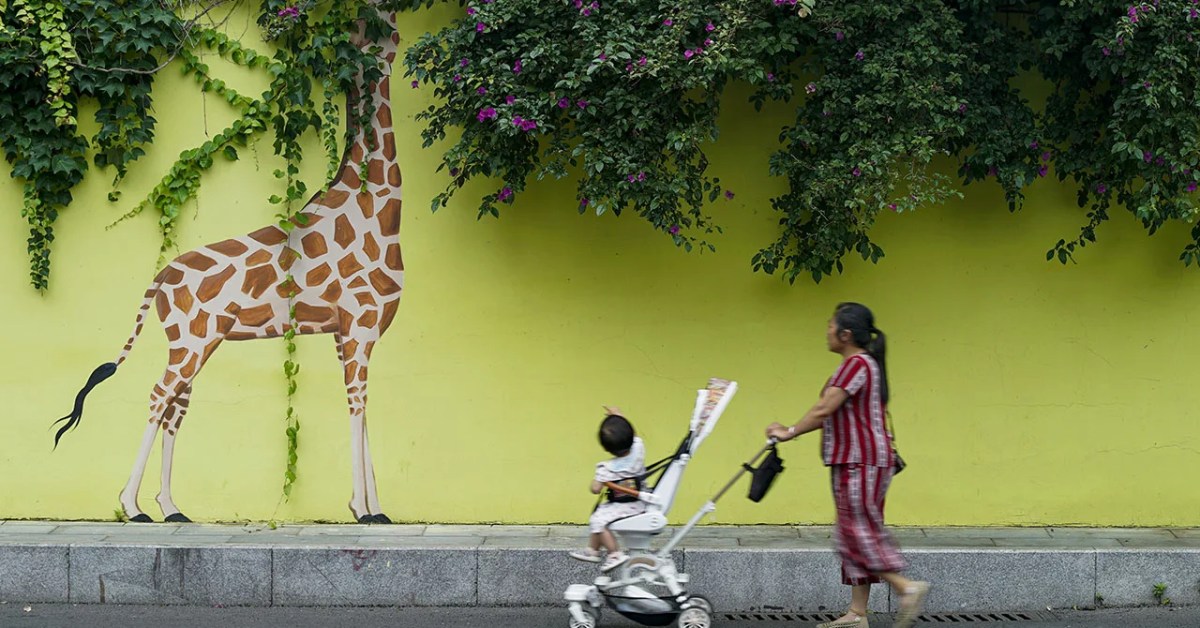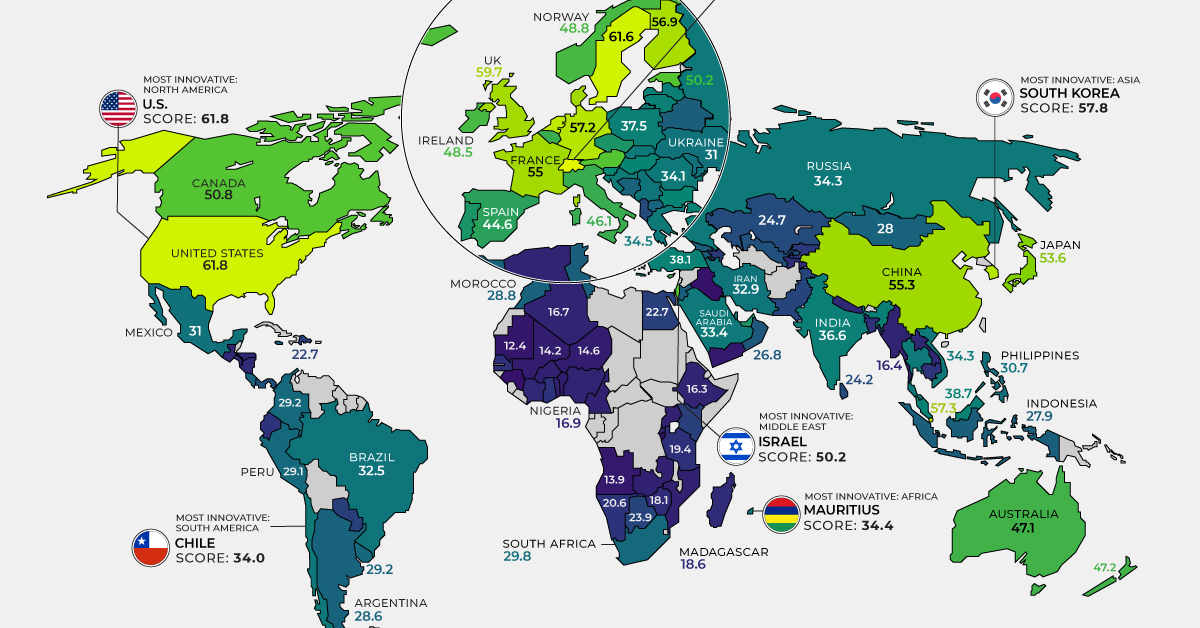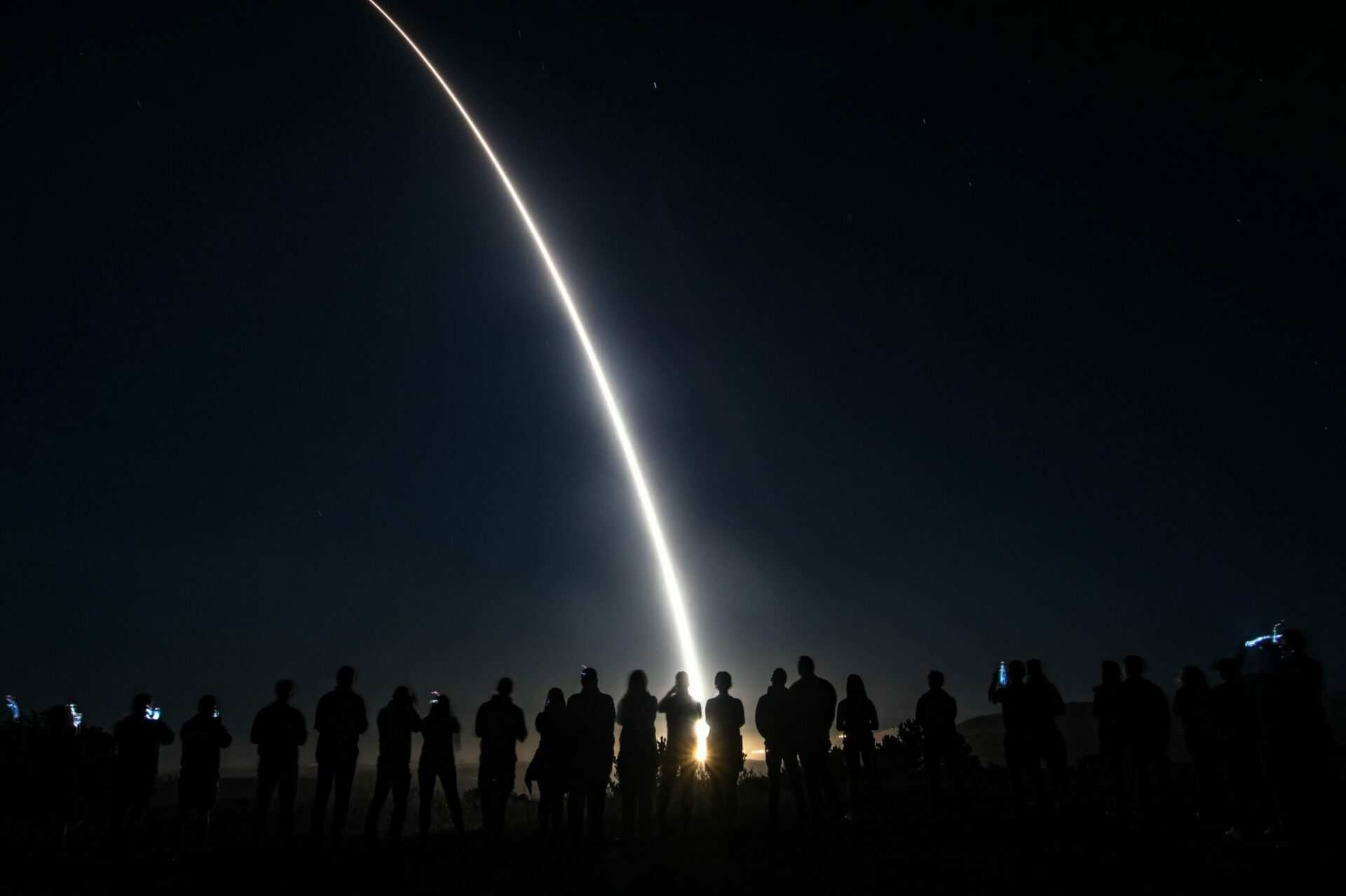Wow. Absolutely shocking. This should be big news here. Posted in the Globe and Mail today.
Beijing had two goals: to seek return of minority Liberal government and defeat Conservatives perceived to be hawkish

apple.news
CSIS documents reveal Chinese strategy to influence Canada’s 2021 election
ROBERT FIFE
STEVEN CHASE
OTTAWA
PUBLISHED FEBRUARY 17 2023, 7:19AM
UPDATED FEBRUARY 17 2023, 10:34AM
China employed a sophisticated strategy to disrupt Canada’s democracy in the 2021 federal election campaign as Chinese diplomats and their proxies backed the re-election of Justin Trudeau’s Liberals – but only to another minority government – and worked to defeat Conservative politicians considered to be unfriendly to Beijing.
The full extent of the Chinese interference operation is laid bare in both secret and top-secret Canadian Security Intelligence Service documents viewed by The Globe and Mail that cover the period before and after the September, 2021, election that returned the Liberals to office.
The CSIS reports were shared among senior government officials and Canada’s Five Eyes intelligence allies of the United States, Britain, Australia and New Zealand. Some of this intelligence was also shared with French and German spy services.
Over the past decade, China, under President Xi Jinping, has adopted a more aggressive foreign policy as it seeks to expand its political, economic and military influence around the world.
MPs on the Commons Procedure and House Affairs committee are already looking into allegations that China interfered in the 2019 election campaign to support 11 candidates, most of them Liberal, in the Greater Toronto Area (GTA).
Drawn from a series of CSIS intelligence-gathering operations, the documents illustrate how an orchestrated machine was operating in Canada with two primary aims: to ensure that a minority Liberal government was returned in 2021, and that certain Conservative candidates identified by China were defeated.
The documents say the Chinese Communist Party leadership in Beijing was “pressuring its consulates to create strategies to leverage politically [active] Chinese community members and associations within Canadian society.” Beijing uses Canadian organizations to advocate on their behalf “while obfuscating links to the People’s Republic of China.”
The classified reports viewed by The Globe reveal that China’s former consul-general in Vancouver, Tong Xiaoling, boasted in 2021 about how she helped defeat two Conservative MPs.
But despite being seen by China as the best leader for Canada, Beijing also wanted to keep Mr. Trudeau’s power in check – with a second Liberal minority in Parliament as the ideal outcome.
CSIS warned Trudeau about Toronto-area politician’s alleged ties to Chinese diplomats
In early July, 2021 – eight weeks before election day – one consular official at an unnamed Chinese diplomatic mission in Canada said Beijing “likes it when the parties in Parliament are fighting with each other, whereas if there is a majority, the party in power can easily implement policies that do not favour the PRC.”
While the Chinese diplomat expressed unhappiness that the Liberals had recently become critical of China, the official added that the party is better than the alternatives. Canada-China relations hit their lowest point since the 1989 Tiananmen Square massacre after December, 2018, when Beijing locked up two Canadians in apparent retaliation for Ottawa’s arrest of a Chinese Huawei executive on an extradition request from the United States.
Most important, the intelligence reports show that Beijing was determined that the Conservatives did not win. China employed disinformation campaigns and proxies connected to Chinese-Canadian organizations in Vancouver and the GTA, which have large mainland Chinese immigrant communities, to voice opposition to the Conservatives and favour the Trudeau Liberals.
The CSIS documents reveal that Chinese diplomats and their proxies, including some members of the Chinese-language media, were instructed to press home that the Conservative Party was too critical of China and that, if elected, it would follow the lead of former U.S. president Donald Trump and ban Chinese students from certain universities or education programs.
“This will threaten the future of the voters’ children, as it will limit their education opportunities,” the CSIS report quoted the Chinese consulate official as saying. The official added: “The Liberal Party of Canada is becoming the only party that the PRC can support.”
CSIS also explained how Chinese diplomats conduct foreign interference operations in support of political candidates and elected officials. Tactics include undeclared cash donations to political campaigns or having business owners hire international Chinese students and “assign them to volunteer in electoral campaigns on a full-time basis.”
Sympathetic donors are also encouraged to provide campaign contributions to candidates favoured by China – donations for which they receive a tax credit from the federal government. Then, the CSIS report from Dec. 20, 2021 says, political campaigns quietly, and illegally, return part of the contribution – “the difference between the original donation and the government’s refund” – back to the donors.
A key part of their interference operation is to influence vulnerable Chinese immigrants in Canada. The intelligence reports quote an unnamed Chinese consulate official as saying it’s “easy to influence Chinese immigrants to agree with the PRC’s stance.”
China wants to build acceptance abroad for its claims on Taiwan, a self-ruled island that it considers a breakaway province and still reserves the right to annex by force. And it seeks to play down its conduct in Xinjiang, where the office of former UN Human Rights commissioner Michelle Bachelet last year said China has committed “serious human-rights violations” in the region, which may amount to crimes against humanity.
Similarly it wants to generate support for a draconian 2020 national-security law to silence opposition and dissent in Hong Kong, a former British colony that Beijing had once promised would be allowed to retain Western-style civil liberties for 50 years.
Beijing also seeks to quell foreign support for Tibet, a region China invaded and annexed more than 70 years ago, and to discourage opposition to Beijing’s militarization of the South China Sea and sweeping maritime claims in the region.
A month after the September, 2021, vote, CSIS reported that it was “well-known within the Chinese-Canadian community of British Columbia” that Ms. Tong, then the Vancouver consul-general, “wanted the Liberal Party to win the 2021 election,” one of the reports said.
CSIS noted that Ms. Tong, who returned to China in July, 2022, and former consul Wang Jin made “discreet and subtle efforts” to encourage members of Chinese-Canadian organizations to rally votes for the Liberals and defeat Conservative candidates.
CSIS said Mr. Wang has direct ties to the Chinese Communist Party’s United Front Work Department (UFWD), a vast organization that uses mostly covert and often manipulative operations to influence overseas ethnic Chinese communities and foreign governments. CSIS said Mr. Wang served as an intermediary between the UFWD and Chinese-Canadian community leaders in British Columbia.
In early November, 2021, CSIS reported, Ms. Tong discussed the defeat of a Vancouver-area Conservative, whom she described as a “vocal distractor” of the Chinese government. A national-security source said the MP was Kenny Chiu. The Globe and Mail is not identifying the source, who risks prosecution under the Security of Information Act.
The source said Mr. Chiu was targeted in retaliation for his criticism of China’s crackdown in Hong Kong and his 2021 private member’s bill aiming to establish a registry of foreign agents, an effort inspired by similar Australian legislation to combat foreign interference. The United States has a long-standing registry; Canada is still studying the matter.
Mr. Chiu, who was elected to represent Steveston–Richmond East in 2019, lost the 2021 federal election to Liberal candidate Parm Bains and is widely believed to be a victim of a Beijing-led online disinformation campaign.
According to CSIS, Ms. Tong talked about China’s efforts to influence mainland Chinese-Canadian voters against the Conservative Party. She said Mr. Chiu’s loss proved “their strategy and tactics were good, and contributed to achieving their goals while still adhering to the local political customs in a clever way.”
In mid-November, CSIS reported that an unnamed Chinese consular official said the loss of Mr. Chiu and fellow Conservative MP Alice Wong substantiated the growing electoral influence of mainland Chinese-Canadians.
Former federal Conservative leader Erin O’Toole has alleged that foreign interference by China in the 2021 election campaign, using disinformation, cost the party eight or nine seats. The Liberals won 160 seats compared with 119 for the Conservatives, 32 for the Bloc Québécois and 25 for the NDP, while the Greens picked up two seats.
While the Conservative Party’s overall share of the popular vote increased slightly in the election, the party lost a number of ridings with significant Chinese-Canadian populations. These included the defeat of incumbents such as Mr. Chiu, Richmond Centre MP Ms. Wong and Markham–Unionville’s Bob Saroya.
However, the Security and Intelligence Threats to Elections (SITE) Task Force set up by the Trudeau government to monitor threats to federal elections never issued any public warning about foreign interference during the 2019 or 2021 campaigns.
Mr. Trudeau has said it
found no meddling, telling the Commons in November of last year that the task force “determined that the integrity of our elections was not compromised in 2019 or 2021.” He also told reporters that “Canadians can be reassured that our election integrity held” in the two elections.
The Globe has reported that the Prime Minister received a national-security briefing last fall in which he was told China’s consulate in Toronto had targeted 11 candidates in the 2019 federal election. CSIS Director David Vigneault told
Mr. Trudeau that there was no indication that China’s interference efforts had helped elect any of them, despite the consulate’s attempts to promote the campaigns on social media and in Chinese-language media outlets.
Nine Liberal and two Conservative candidates were favoured by Beijing, according to the national-security source. The source said the two Conservative candidates were viewed as friends of China.
THEGLOBEANDMAIL.COM


 www.thebulwark.com
www.thebulwark.com








